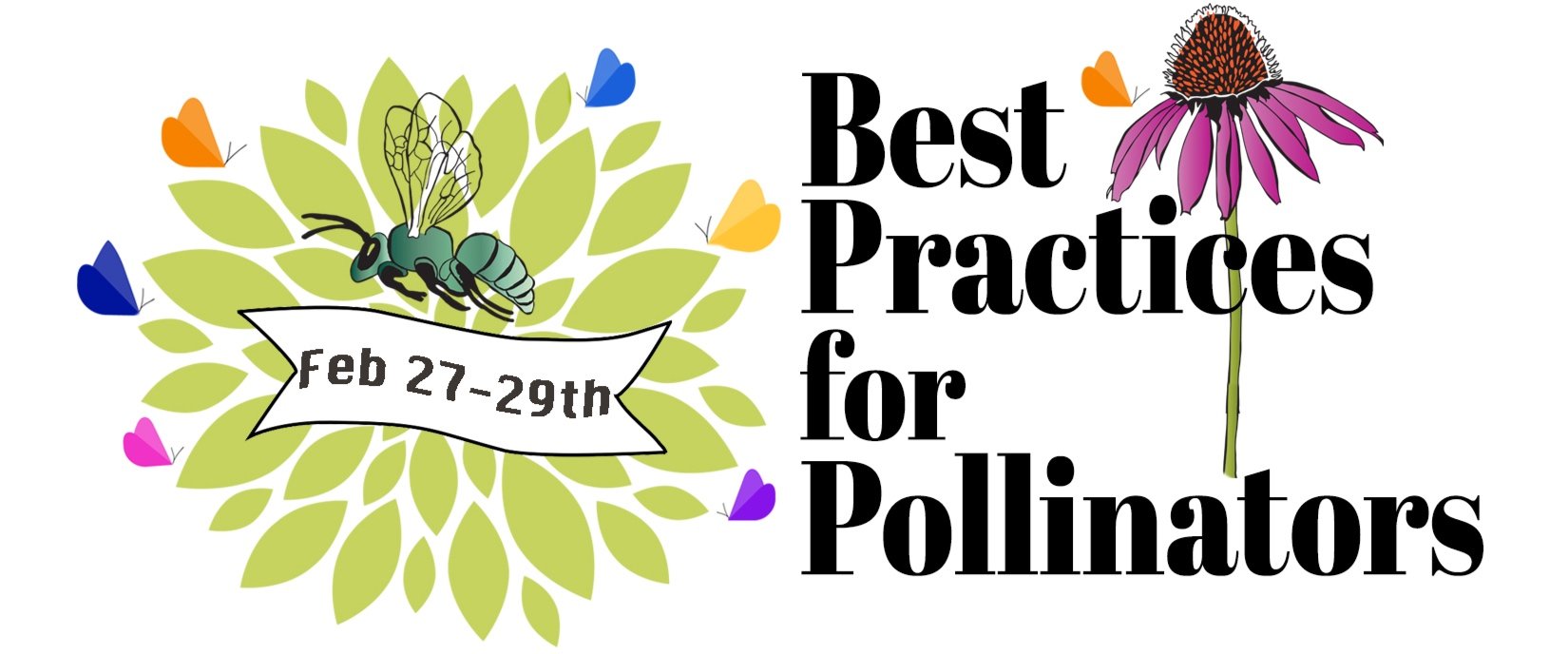|
Spring is in the air and Wild Farm Alliance has been busy sharing wild farming practices out in the field, in new resources, at a recent conference, and at the Minnesota State Capitol. Check out all that we’ve got going on in this month’s newsletter, along with a Minnesota Department of Agriculture grant opportunity for growers. Enjoy this Month’s News from the Wild! Tablas Creek Vineyard Field Day New Video Resource: Biodiverse Vineyards for Pest Control & Healthy Ecosystems Farmer Profile: Utilizing Beneficial Insects for Olive and Almond Crop Avocado and Citrus Field Day at King & King Ranch WFA Supports Healthier Ag Policies in the Midwest Installing Habitat to Increase Farm Diversity Best Practices for Pollinators Webinar Recording |
|
Tablas Creek Vineyard Field DayBiodiversity to Optimize Production Join Tablas Creek Vineyard and Wild Farm Alliance (WFA) out in the field! The event will feature a series of talks given by growers and agricultural professionals, a farm manager panel discussion, and a beneficial habitat walk. Tickets are $12 - $32 (sliding scale) and include lunch. Space is limited to 50 people, so register today! See the Speakers and Topics and Register Here
New Video Resource: Biodiverse Vineyards for Pest Control & Healthy EcosystemsDiverse landscapes in and around vineyards have the potential to dramatically increase pest control and improve soil and grape health. WFA’s newest video resources features Kelly Mulville, Vineyard Director at Paicines Ranch, and researcher Houston Wilson at the University of California, Riverside. Kelly showcases biodiversity and his system for grazing sheep in the vineyard at Paicines Ranch. Houston discusses the types of biodiversity that can support vineyards.
Farmer Profile: Andrew Petrini Utilizes Beneficial Insects for Olive and Almond CropsOlive and almond crops rely heavily on the diligent work of bees and other pollinators, but these aren't the only insects providing their services to orchards. Growers are increasingly looking to attract a myriad of beneficial insects for their valuable pest control services. Andrew Petrini knew that if he was going to successfully transition his 440-acre olive and almond orchards away from pesticides, he was going to need some help from natural enemy insects. “We want to try and attract as many as we can since we’re going to be limited on what can use if we have any issues,” Andrew said. With financial support from California’s Healthy Soils Project (HSP) and planning assistance from WFA’s Nick Filannino, Andrew and two other crew members installed a 2,350 ft. hedgerow over the course of a few days near the orchards. It’s made up of over 400 native shrubs and flowers, including Manzanita, Milkweed, Yarrow, Coyote brush, Oregon grape, California lilac, Buckwheat, Coffeeberry, Toyon and Lupin. Read More and See a Short Tour of the Hedgerow Here
Avocado and Citrus Field Day at King & King RanchIn February 2024, nearly 100 field day participants gathered at King & King Ranch in Fillmore, CA to learn about pollinators and beneficial insects in avocado and citrus orchards. This bi-lingual field day was hosted by WFA and Ventura Resource Conservation District. The event was part of an in-person Ventura County gathering, held as part of Community Alliance with Family Farmers 36th annual Small Farmers Conference, where participants spent the morning at King & King Ranch and the afternoon at Rodale’s California Organic Center at McGrath Family Farm.
WFA Supports Healthier Ag Policies in the MidwestWFA Staff member Courtney Tchida joined policy efforts this month to support healthier agriculture in Minnesota. She attended a Pesticide Day on the Hill in support of taking action on neonicotinoids contamination. Neonics are systemic insecticides that impact more than the target pest, including beneficial insects, birds, and aquatic life. She also joined the Land Stewardship Project’s Family Farm Breakfast and Lobby Day, including the Town Hall where Attorney General Keith Ellison, State Representative Kristi Pursell and MDA's Emerging Farmers Officer Lillian Otieno discussed land access, consolidation, climate and water quality. WFA is bringing nature back to the farm through field days, educational resources, and policy change. We are excited to be expanding our policy efforts on the ground in the Midwest.
Installing Habitat to Increase Farm DiversityWFA is pleased to release an updated publication to help agricultural professionals plan and install habitat on farms. Installing a new native plant conservation area on the farm is a major management decision that, from start to finish, can be pleasurable and exciting. Besides adding biodiversity and beauty to the farm, climate benefits accrue—shrubs and trees can store significant amounts of carbon in their tissues and the soil. This publication details the steps to getting started. In this new version we cover both linear and non-linear plantings.
WFA participated in the Best Practices for Pollinators Summit in February, where more than 1,000 growers, landscapers and others from across the country came together to learn about how to support pollinators. "Thank you for sharing your invaluable insights and expertise!” said one participant. “I know it is not easy to develop a presentation, and deliver it, so immense gratitude to all the speakers who were willing to share their knowledge and ideas to inspire others." Jo Ann Baumgartner with Wild Farm Alliance and Dr. Megan Garfinke, Assistant Professor of Biology at Chicago State University, gave a presentation titled Supporting Beneficial Birds with Native Habitat. Watch the Recorded Presentation Here
|














